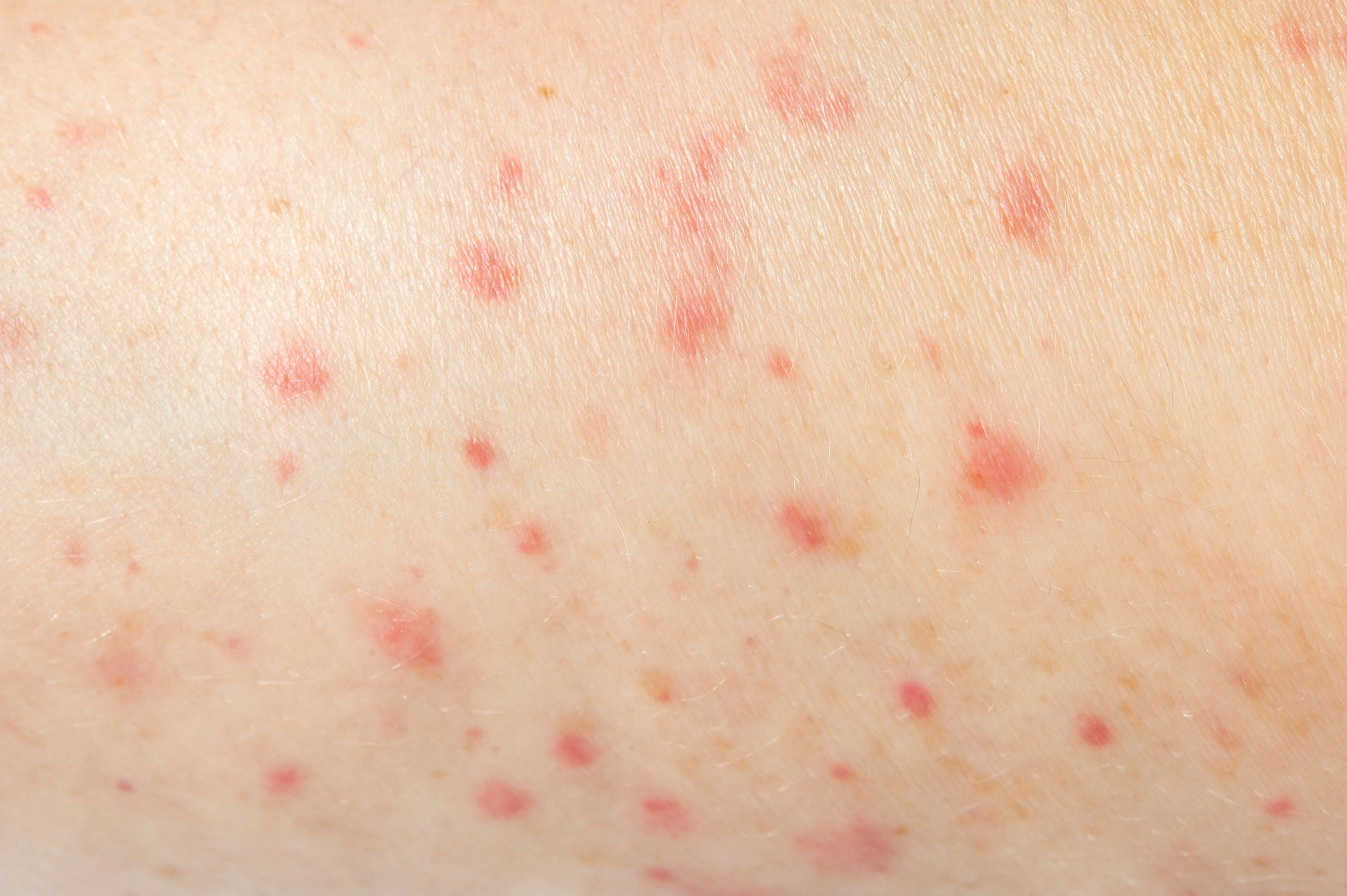
Beyond the Rash: Hidden Facts About Chickenpox That Every Parent Should Know
Chickenpox, medically known as varicella, is a highly contagious viral infection that primarily affects children. It is caused by the varicella-zoster virus, which spreads rapidly from person to person, especially in group settings like schools or households. Though often considered a mild illness in children, chickenpox can become serious in adults, pregnant women, and individuals with weakened immune systems. With symptoms that range from fever to an itchy rash, this infection, while common, requires careful attention.
How Chickenpox Spreads
The virus responsible for chickenpox spreads mainly through the air when an infected person coughs, sneezes, or talks. It can also spread through direct contact with the fluid from the blisters. A unique challenge with chickenpox is that the person becomes contagious one to two days before the rash appears, making it difficult to prevent early transmission. The contagious phase continues until all the blisters have dried and crusted over, which can take several days.
Symptoms and Duration of Illness
After a person is exposed to the virus, symptoms usually begin after an incubation period of ten to twenty-one days. The illness may start with a mild fever, tiredness, or irritability. A red rash then follows, often starting on the scalp, face, or upper trunk. These red spots evolve into small fluid-filled blisters that eventually burst, dry, and scab. New rashes may continue to appear for several days, so various stages of the rash may be seen at once. The entire illness usually lasts between five to ten days.
Can Chickenpox Recur?
Once a person has recovered from chickenpox, the body develops lifelong immunity in most cases. It is extremely rare for someone to get chickenpox twice. However, the virus stays dormant in the body and can reactivate years later in the form of shingles, also known as herpes zoster, which causes painful rashes along nerve pathways.
Complications and Risk Factors
While chickenpox is often mild in children, it can lead to serious complications in certain groups. Older children, adolescents, and adults tend to experience more severe symptoms. The risk increases for pregnant women, newborn babies exposed to the virus, and people with immune deficiencies. In such cases, complications may include skin infections, pneumonia, liver inflammation, or even neurological involvement. Medical attention should be sought promptly if high fever, difficulty breathing, or persistent weakness develops.
Treatment and Care at Home
For uncomplicated cases, home care is usually enough. Children should rest and drink plenty of fluids. Fever can be managed with paracetamol, but aspirin must be avoided due to the risk of Reye’s syndrome. The itching can be intense, so soothing baths with baking soda and the use of calamine lotion may help. Children should be discouraged from scratching to avoid skin infections. Keeping nails trimmed and hands clean also reduces the risk of scarring. Doctors may prescribe antiviral medications like acyclovir for high-risk patients if started early in the illness.
Diet and Lifestyle During Recovery
There is no need for strict dietary restrictions during chickenpox. Children may eat what they feel comfortable with. Soft and cool foods such as yogurt, juices, or ice cream can be easier to consume if there are blisters in the mouth. There is no scientific reason to avoid eggs or other regular foods unless they cause discomfort. Regular bathing is safe and can even reduce the risk of infection when done gently with warm water.
Scarring and Skin Marks After Healing
Most children heal without lasting scars, but excessive scratching can leave marks. These usually fade over time, but deep scars may persist. Skin care during the healing phase and avoiding infection are key to minimizing scarring.
Prevention Through Vaccination
An effective chickenpox vaccine is available and significantly reduces the chance of getting infected or developing complications. Vaccination plays an essential role in controlling the spread of the virus in the community.
Conclusion
Chickenpox may be a common illness, but it deserves thoughtful care. While recovery is smooth in most children, certain groups face higher risks. With proper home care, medical advice when needed, and the protection of vaccination, the complications of chickenpox can be minimized and managed with confidence.



